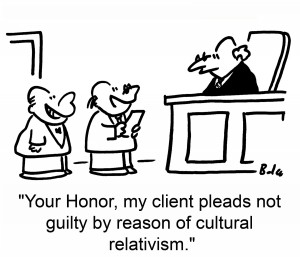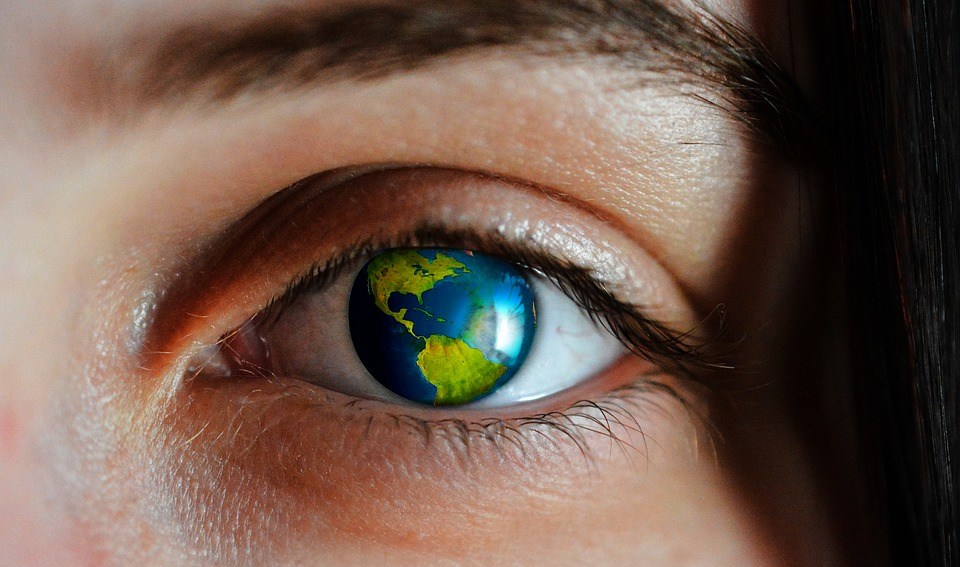It is the time of the year for graduation speeches – celebrating an achievement after 1-4+ years of hard work and experiences in a time of much uncertainty and global unrest.
Graduates are part of the alumni now. It is a privilege but it comes with responsibilities. The world seems increasingly restless and uncertain. Historically, people seek to be part of a clan, a tribe and people seek solace in belonging to a political, religion or a national group, not biologically determined but created . And with that membership, some choose to engage in acts of violence, be it physical or in word. It seems that they are conflicted, torn between different identities, and chose to inflict pain. If such conflict occurs, we need to handle it with cultural intelligence.
Whether something atrocious happens or something awesome (like graduation) – take the moment to reflect. Find a quiet moment to gaze into a puddle and when the ripples settle observe who you are now, after learning, after an achievement or after something that affected you negatively. Don’t judge. Be proud but remain curious. Read. Seek out the opposition’s opinion. Challenge yourself.
I was raised without by my parents that I should be VERY grateful where my crib stood. Not in a way to ensure I’d finish my dinner. But on a sunny day, eating ice cream or riding my bike and then something would come on the news or be read out loud from a newspaper. Thank you dad for taking me travelling and pointing out that a person is not a people, that being curious is a youth tonic and that paying 60% tax meant you felt safe having a driveway without a gate, fence, alarm etc because what was the point in living in a mansion when you’d need a walkie-talkie asking mum if she fancied dinner out tonight?
So for those who are 21 (or those who forgot what it was like to be 21), at the start of a career and life after education, looking ahead into the future, wondering what’s next…
“We must think critically, and not just about the ideas of others. Be hard on your beliefs. Take them out onto the verandah and beat them with a cricket bat.
Be intellectually rigorous. Identify your biases, your prejudices, your privilege.
Most of society’s arguments are kept alive by a failure to acknowledge nuance. We tend to generate false dichotomies, then try to argue one point using two entirely different sets of assumptions.” Minchin
And what can we do to battle these assumptions? We must travel. We must gather stories. Because if we only have one story… it’s like being blind and feeling just the trunk to describe the elephant. If we meet someone and we know they’re from somewhere but we only remember one thing, then ask them for another story. Don’t confirm that you know that in my country there are tulips; ask me about the local cuisine.
Minchin and Adichie are very articulate in how they say it. One thing I tell my students is to be critical – of the statistics and facts that someone throws at you but also of the opinions, biases and beliefs that you have. And if you get it wrong – say sorry when you have to. Apologise, don’t make excuses.
Life is uncertain. Technology makes us think we should respond in an instance; everything is so fast-paced. But sometimes it’s better to not react, immediately post a thing on social media, or text, or phone. Just say ‘oh’. Let it sink in. Come back to it later. Rewrite it. Rethink it. Smile, with confidence.
Finally, at the same time, be kind to yourself. Be confident that you are a nice person. So that when someone bumps into you in the street, or lashes out at work, or makes a cutting remark during a dinner. Smile. Be confident that if you didn’t do something wrong, it’s not you. And think: “May you be well. May you be happy”.










